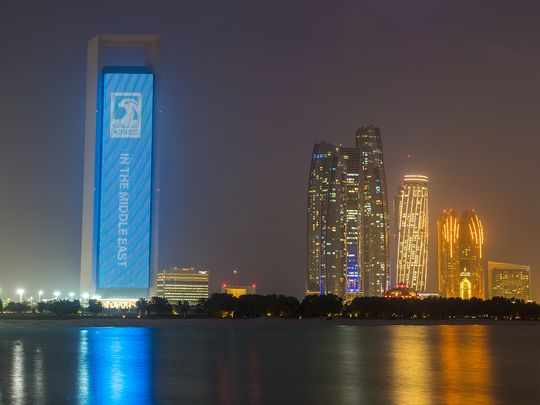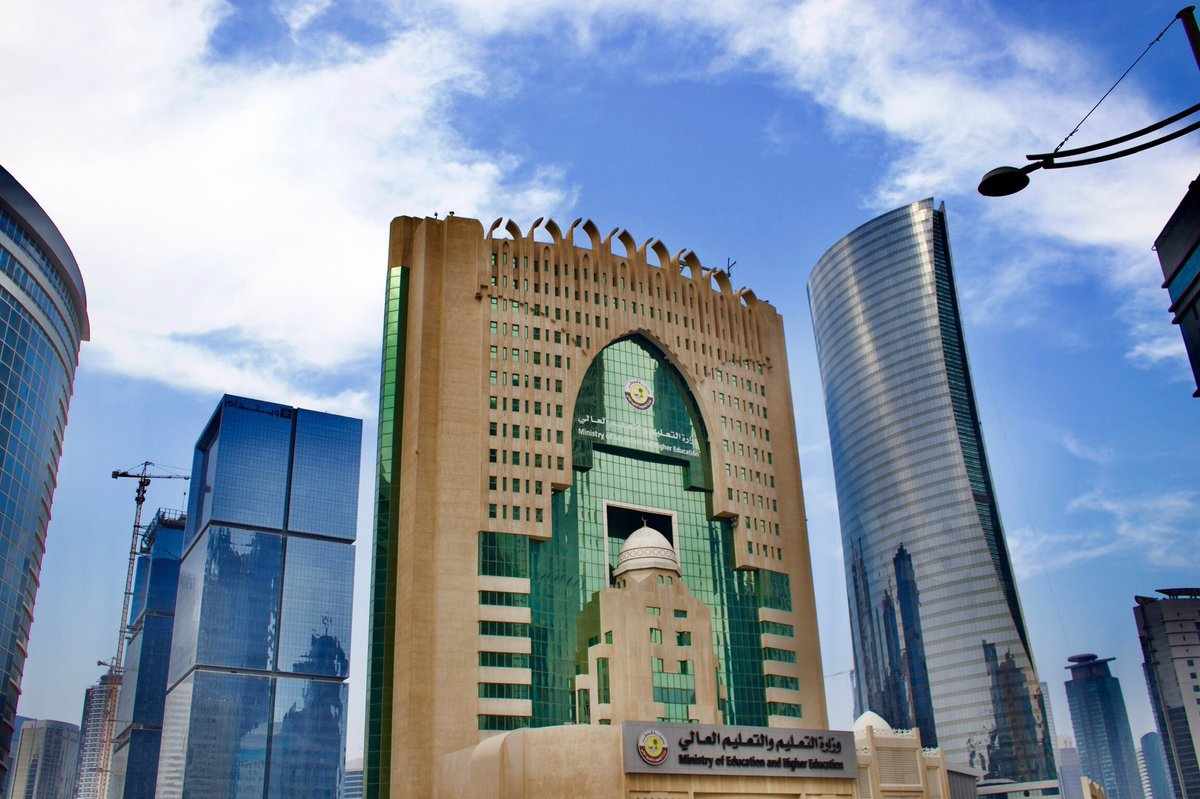QU Researcher: Solar-powered plants more sustainable in desalination – The Peninsula
QU Researcher: Solar-powered plants more sustainable in desalination – The Peninsula
Doha: Solar energy as a source of power for desalination plants, particularly in the Gulf Corporation Council (GCC), would be a more sustainable option, an expert said.
GCC countries currently depend on desalination as a primary source of drinking water, representing 80% of total drinking water. Desalination is simply the process of removing salts or other minerals and contaminants from seawater, brackish water, and wastewater. This is an increasingly common solution for obtaining freshwater for human consumption and domestic/industrial utilisation.
The first seawater desalination plant in Qatar was established in 1953. According to statista.com, in 2020, Qatar produced about 691 million cubic metres of desalinated water, compared to 557 million cubic metres in 2016.
Qatar has three main desalination plants, namely Ras Abu Fontas B-1, Ras Laffan-A and Ras Laffan-B and is gradaully shifting from thermal based desalination which consumes more energy to membrane based reverse osmosis desalination technology, which relies less on gas.
In an interview with The Peninsula, Hafsa Mohammed Ashraf, a researcher at Qatar University, stressed the scarcity of potable water sources such as rivers and wells and the dry, low precipitation rates in GCC countries make them depend on desalination to fulfil consumer water requirements.
She, however, stated that these desalination




















